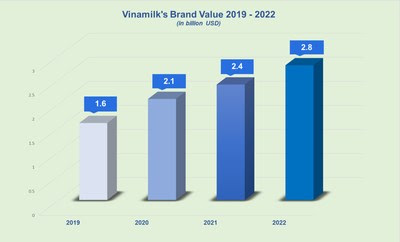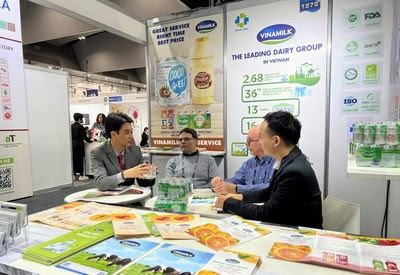Company Expects to be Publicly Trading in Early Q4 Under Symbol “ILLR”
LOS ANGELES, Sept. 29, 2022 (GLOBE NEWSWIRE) — Triller Inc.(“Triller”) and GEM Global Yield LLC SCS (“GGY”) today announced a binding $310 million investment from GEM, the Luxembourg based private alternative investment group, in the form of a share subscription facility. Under the agreement, GEM will provide Triller with up to $310 million in equity capital for a 36-month term following a public listing of Triller’s common stock.
Triller will not be obligated to draw the full $310 million but can do so in part or in whole at its discretion. Triller will control both the timing and amount of all drawdowns and will issue stock to GEM on each drawn down from the facility. Triller will also issue warrants to GEM, further aligning the interests of the companies.
Triller filed its private S-1 with the U.S. Securities and Exchange Commission last month and is submitting what it anticipates being the final S-1 concurrently with the closing of this facility. The expectation is that trading will commence in early Q4 2022.
“Triller has been growing tremendously,” said Mahi de Silva, CEO and Chairman of Triller. “At our inception in 2019, we were a zero-revenue company; now we are on track to break $100 million in revenue this year. The Triller app has been downloaded more than 350 million times, and the company works with dozens of the world’s largest brands and thousands of top artists, disrupting the entire creator community.”
Triller has 10 business lines, eight of which are at break-even or profitable, and effectuates 750 million interactions per quarter, each of which is a potential monetizable transaction for the company in the future.
With the capital infusion from GEM, Triller will be able to make additional acquisitions to strengthen its toolbox for the creator community and reach breakeven or profitability in the short-term. Assuming it draws upon the full $310 million equity facility, Triller will have raised more than $600 million dollars and, upon its IPO, will be virtually debt free.
“Triller is breaking all the rules of the closed garden systems. It is challenging the way the old establishment takes advantage of creators and users by keeping 99 percent of the money within the system for itself,” said De Silva. “The reason the industry is so set on MAU, DAU and the like is that is how much time someone spends within one company’s particular closed garden and means that the social networks ‘own’ the user, revenue, brand and information.
“Triller breaks that system wide open. As an open garden, our goal is to put the power back in the hands of the creators and users, allowing creators and brands to connect directly. We provide tools to maximize those connections and how well each can be monetized. In addition, looking at the number of interactions we facilitate helps us to forecast future revenue since each one of those is a potential transaction fee for us.”
About Triller Inc.
Triller is the AI-powered open garden technology platform for creators. Pairing music culture with sports, fashion, entertainment, and influencers through a 360-degree view of content and technology, Triller encourages its influencers to post the content created on the app across different social media platforms and uses proprietary AI technology to push and track their content virally to affiliated and non-affiliated sites and networks, enabling them to reach millions of additional users. Triller additionally owns VERZUZ, the live-stream music platform; combat sports brands Triller Fight Club, Triad Combat and BKFC; Amplify.ai, a leading customer engagement platform; FITE.tv, a premier global PPV, AVOD, and SVOD streaming service; Thuzio, a leader in B2B premium influencer events and experiences; Fangage, a platform for creators to engage fans and monetize content and Julius, a platform for brands and agencies to harness creators for social engagement and social commerce.
About GEM
Global Emerging Markets (“GEM”) is a $3.4 billion, Luxembourg based private alternative investment group with offices in Paris, New York and The Bahamas. GEM manages a diverse set of investment vehicles focused on emerging markets and has completed over 530 transactions in over 70 countries. Each investment vehicle has a different degree of operational control, risk-adjusted return, and liquidity profile. The family of funds and investment vehicles provide GEM and its partners with exposure to: Small-Mid Cap Management Buyouts, Private Investments in Public Equities and select venture investments. For more information: http://www.gemny.
Tony Freinberg President, Edendale Strategies tony@edendalestrategies.com (310) 614-1435



